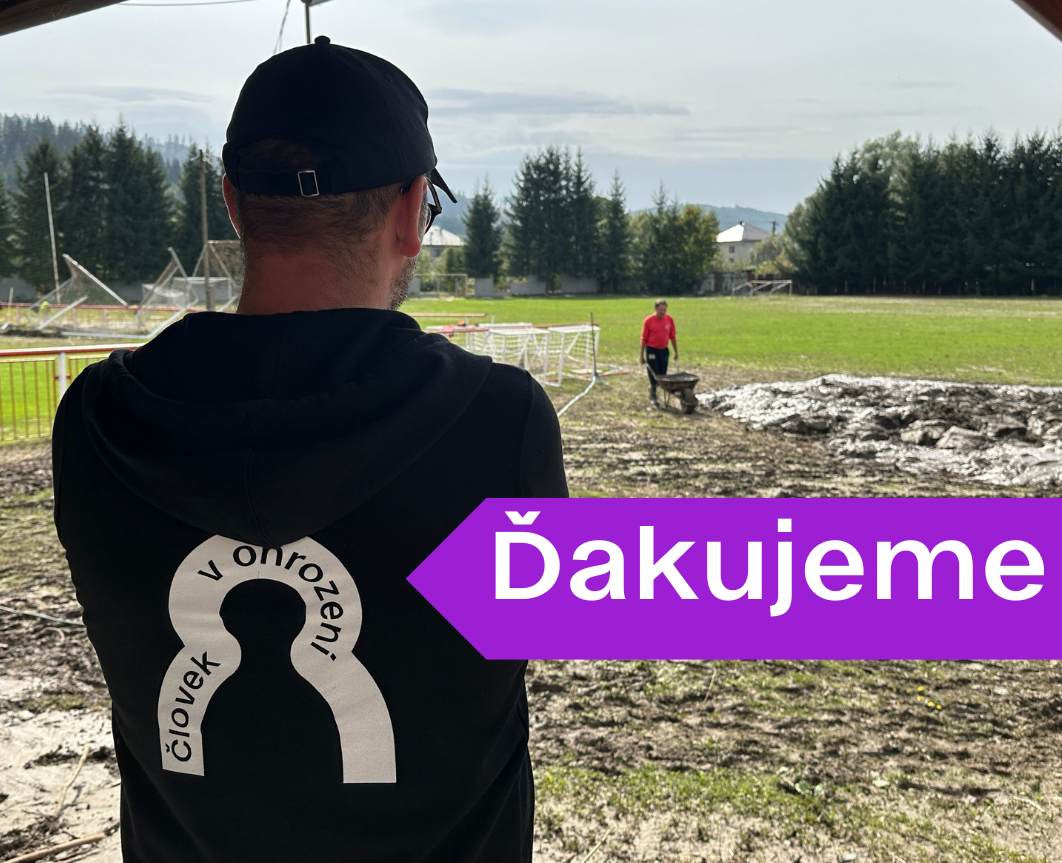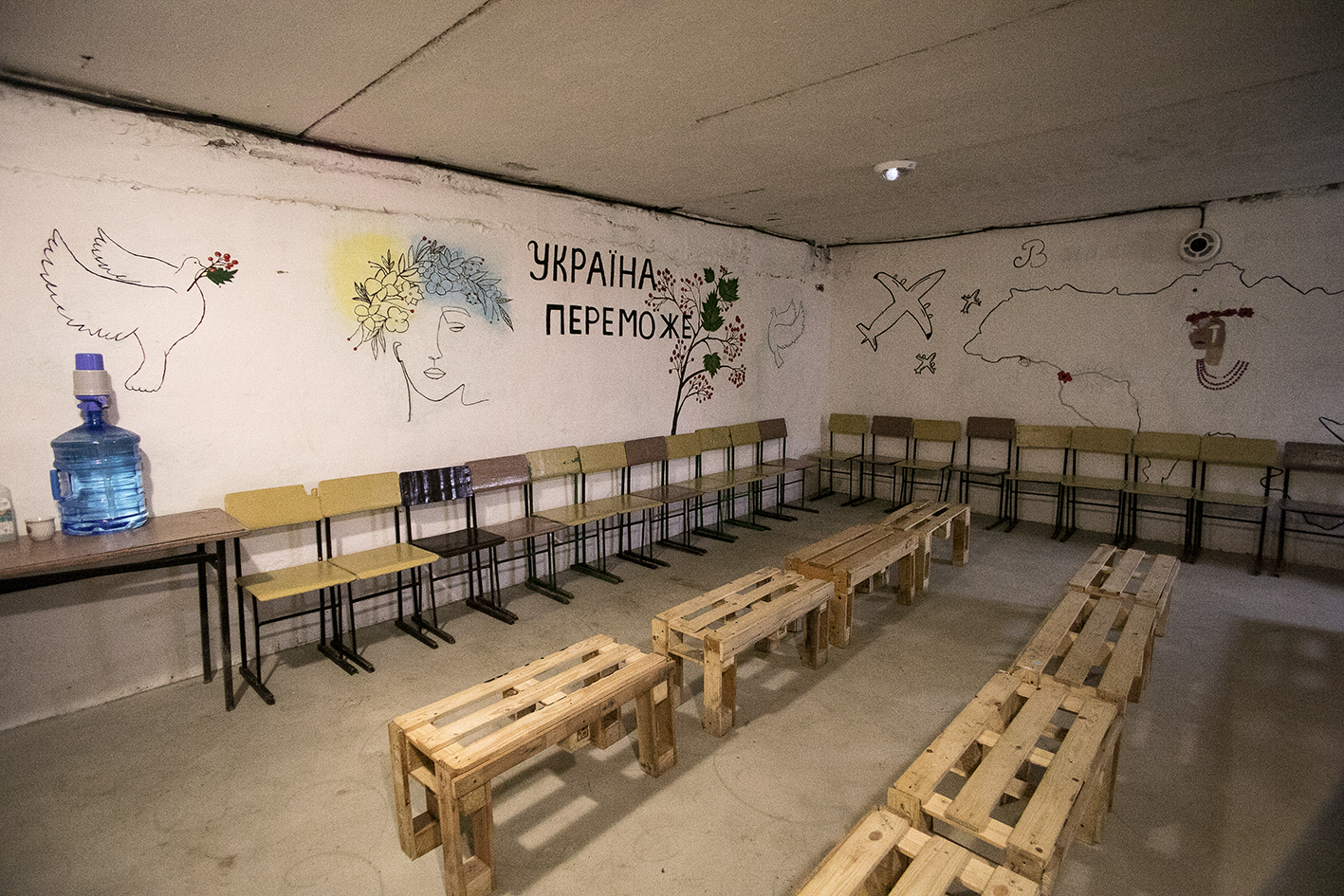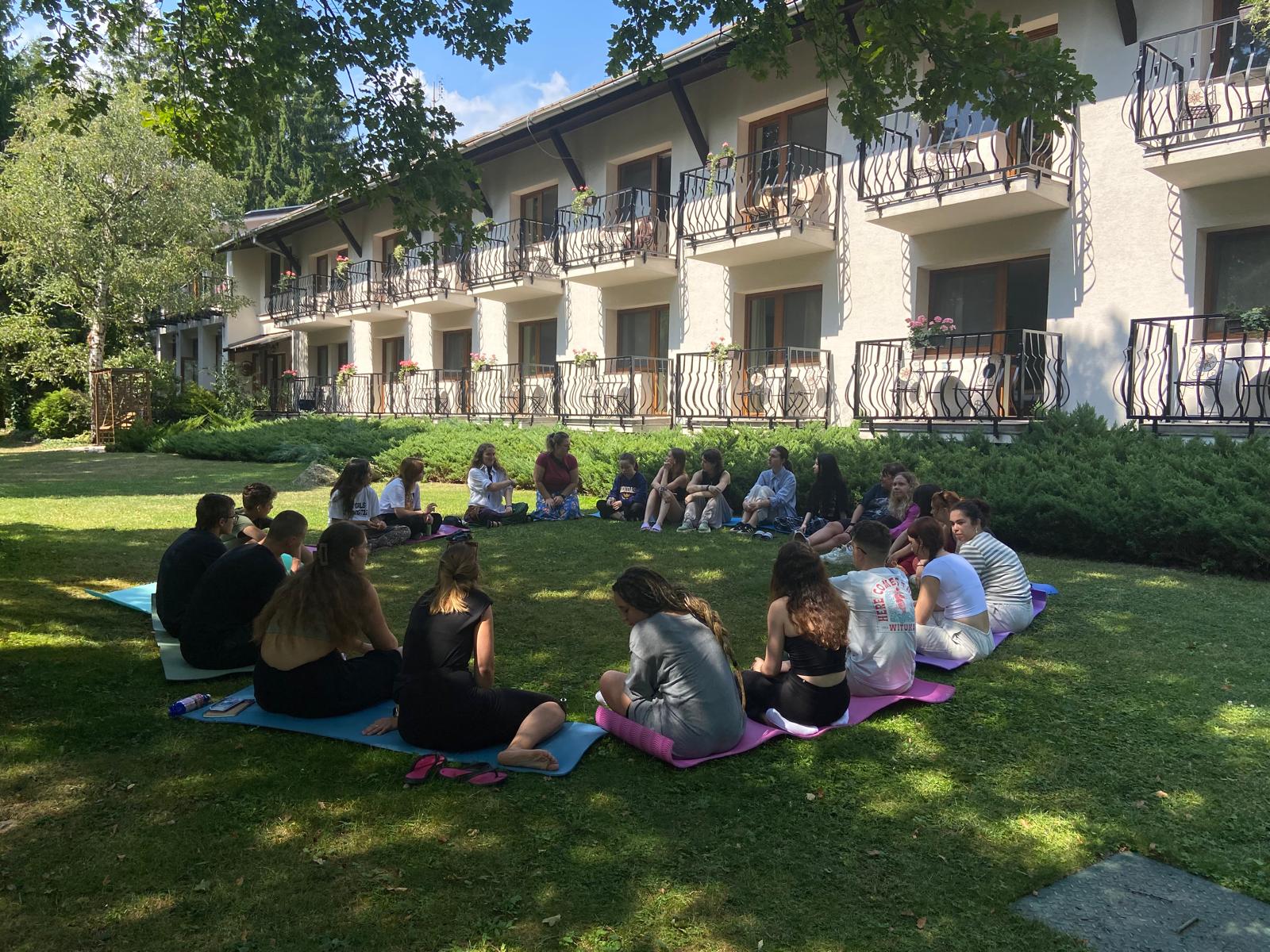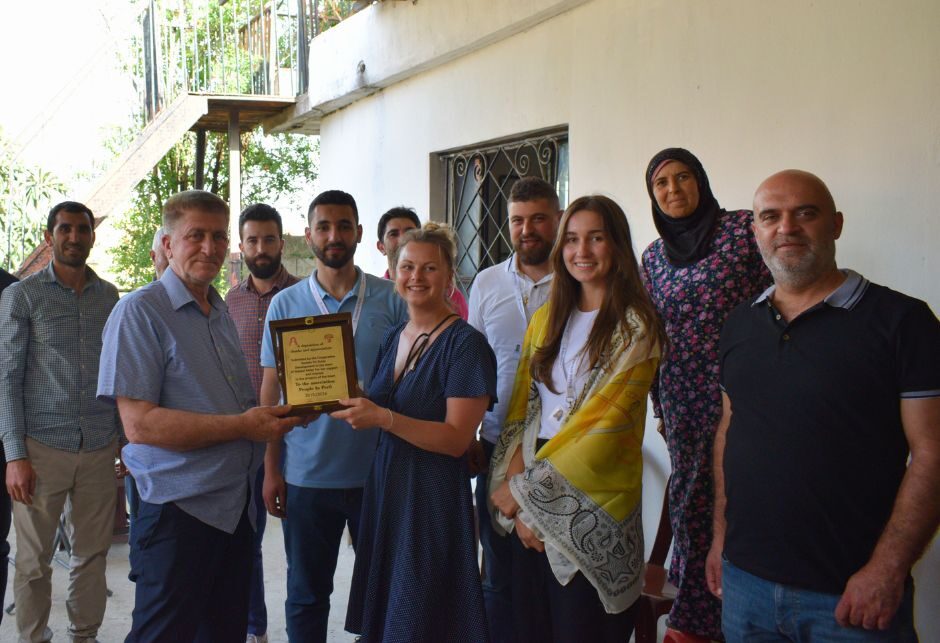Everyone has right to education
Esteban completed school at sixteen and was sent straight to the labor office. Johanka thought she wasn’t good enough to even consider high school. Gabika says that, for the first time, people at school and during her internship see her as a person—not just as a Roma. We’re sharing three stories of young people from the Roma community who, thanks in part to our support, are now studying and working toward a more dignified future.
Esteban’s story: I Felt That I Also Had The Right To Education
Esteban finished primary school in Year 6 at the age of 16. He couldn’t continue his studies. The school doesn’t allow it to the children who reach this age. He had no other choice but to register with the labor office.

“I finished primary school in Year 6. I was 16. I was surprised how excited were my friend from Year 9 to be accepted to secondary schools. My only choice was to register with labor office. Still, I felt that I had the right to an education too,” recalls the boy, who dreams of becoming a barber, working in men’s salon, cutting hair and creating men’s hairstyles. We believe he is on the right path and his dream will come true one day.
The management of the primary school Esteban had attended informed his parents — without much concern — that no other school would accept him. But this answer didn’t satisfy them. So they came to our community centre in Plavecký Štvrtok to seek advice. Our social workers, Silvia and Naďa, listened to their story — and suddenly, a sense of hope filled the air, sparked by Naďa’s words: “I can’t promise anything, but every problem has a solution.”
He was accepted into the Secondary Vocational School on Švabinského Street, into the F programme for assistant cooks. To clarify — pupils who achieve below-average results in primary school are usually directed into two-year F programmes (formerly known as vocational apprenticeships). This year, Esteban is preparing for exams that will allow him to officially complete his primary education and then transfer to the barbering programme. Every day is a challenge for Esteban, whether at school or during his practical training in the canteen of the University of Economics. But as he says, he feels a great deal of support around him — and that gives him the courage to dream about his future profession.
How is Esteban perceived by the deputy head of the Secondary Vocational School on Švabinského Street, Mrs Sekerešová?
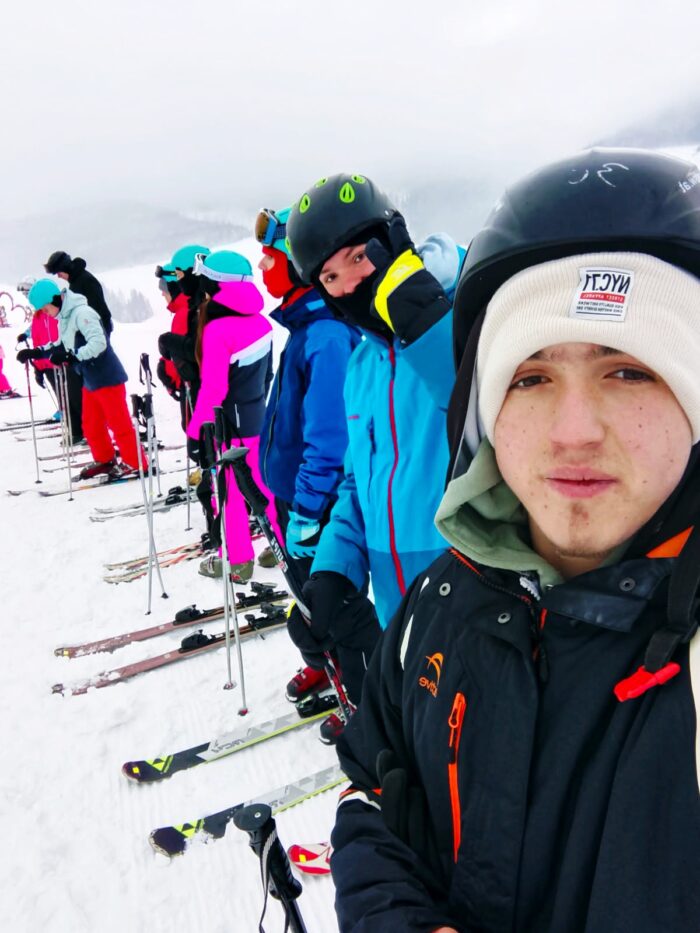
He’s a fighter. He surprises us every single day with his determination and perseverance. His classmates have truly grown fond of him — they really like him. Before Christmas, we noticed he seemed a bit down, and we realised he would love to go on the skiing trip in January but felt too shy to say so. That’s when his classmates came up with an idea — they decided to chip in and cover the cost of the trip for him. They wanted to surprise him, and more than anything, they wanted him to be there with them and to share the experience. I was deeply touched by their idea — it made me realise that this class is strong, like a real team.”
Esteban couldn’t believe the gesture at first — and with tears in his eyes, he finally admitted that it would be the very first holiday of his life.
“At People in Peril, we believe that every child has the right to education, to support, and to pursue their dreams. That includes Esteban. We support not only students, but also their families and the schools they attend. And just as importantly, we provide encouragement and guidance to employers who are involved in dual education programmes.” Nadežda, Social Integration Programmes, People in Peril
Johanka’s Story: When I Feel Like Giving Up, There’s Always Someone Who Lifts Me Up
“Back in primary school, I used to think that going to secondary school would be too difficult — that I just wasn’t good enough for it. But then I went with Sisa from the community centre in Plavecký Štvrtok to an open day at a school, where I learned about different study options, various vocational programmes, and met new people. That’s when a new opportunity opened up for me — a chance for change.
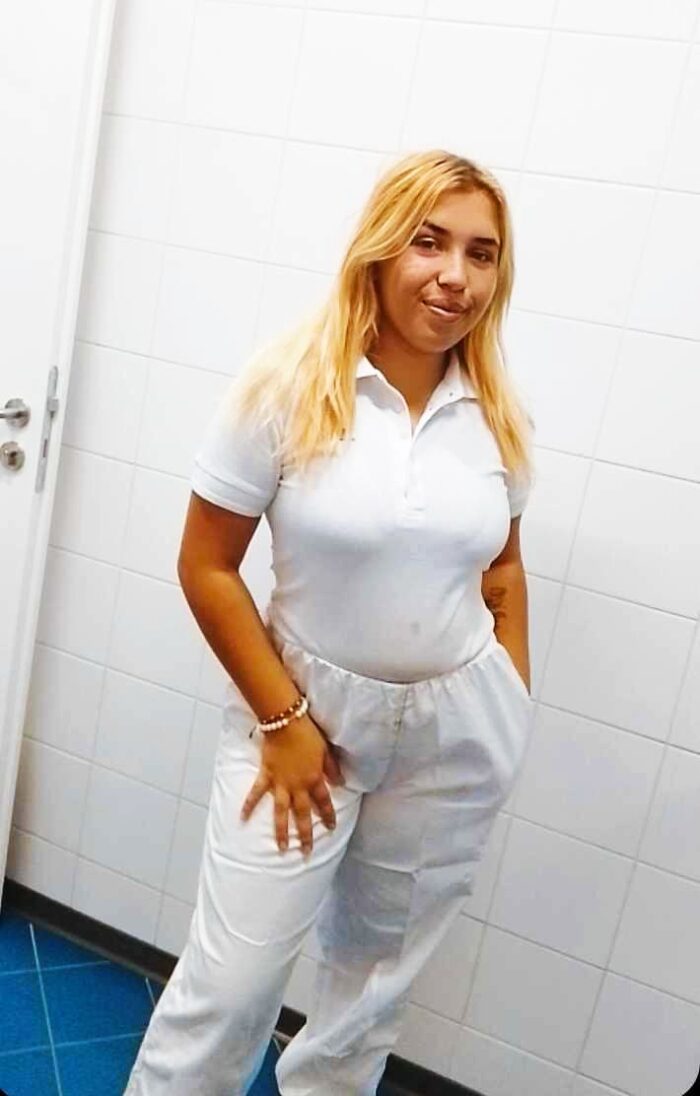
The beginning was really tough because I was missing a lot of knowledge from primary school. But Sisa helped me — and she still helps me with preparation. I really enjoy the practical training; I always look forward to it, because Tesco is full of life. My friend and I do our placement in the bakery, and it smells amazing there. I always forget about all my worries when I’m there. We laugh a lot, and our supervisor, Katka, treats us like her own children.
Over the past two years of studying, I’ve come a long way. It’s like I’m halfway up a huge mountain called ‘education’. I’ve learned how to travel on my own — how to get on the right bus, and not to be afraid of taking the train. When I’m not at school or on placement, the day feels kind of empty. I feel like something’s missing. And yes — I miss my classmates, I miss school, I miss the smell of fresh bread in Tesco. And of course, I miss the customers too.
Sometimes, when I feel low and want to give up, that’s when I realise how many people truly care about me — people who believe in me. They call me, they encourage me to keep going. And I know I’m not alone.
What keeps me motivated is the thought that when I finish school, I might be able to work at Tesco permanently. I’m doing my best to make everyone proud — and to make my dream come true.”
What do her proud parents say about their daughter?
At first, we were worried about how she would manage the journey to school — whether she’d be able to do it on her own. We couldn’t get rid of the fear of her safety. But Johanka surprised us. And we’re often surprised — even taken aback — when Mrs Sisa or her colleague Naďa calls us to praise Johanka and tell us how well she’s doing, both at school and during her work placement.
This is new for us. For the first time, someone is praising our child — and thanking us, as parents, for the support we give her.
“Without cooperation from parents, we can’t imagine providing effective and compassionate support for a child. It’s often the child’s success at school that opens the door for us to connect with their parents as well.” Silvia, Social Integration Programmes, People in Peril
Gabika’s Story: They Try to Understand My Needs and Accept Me Just as I Am
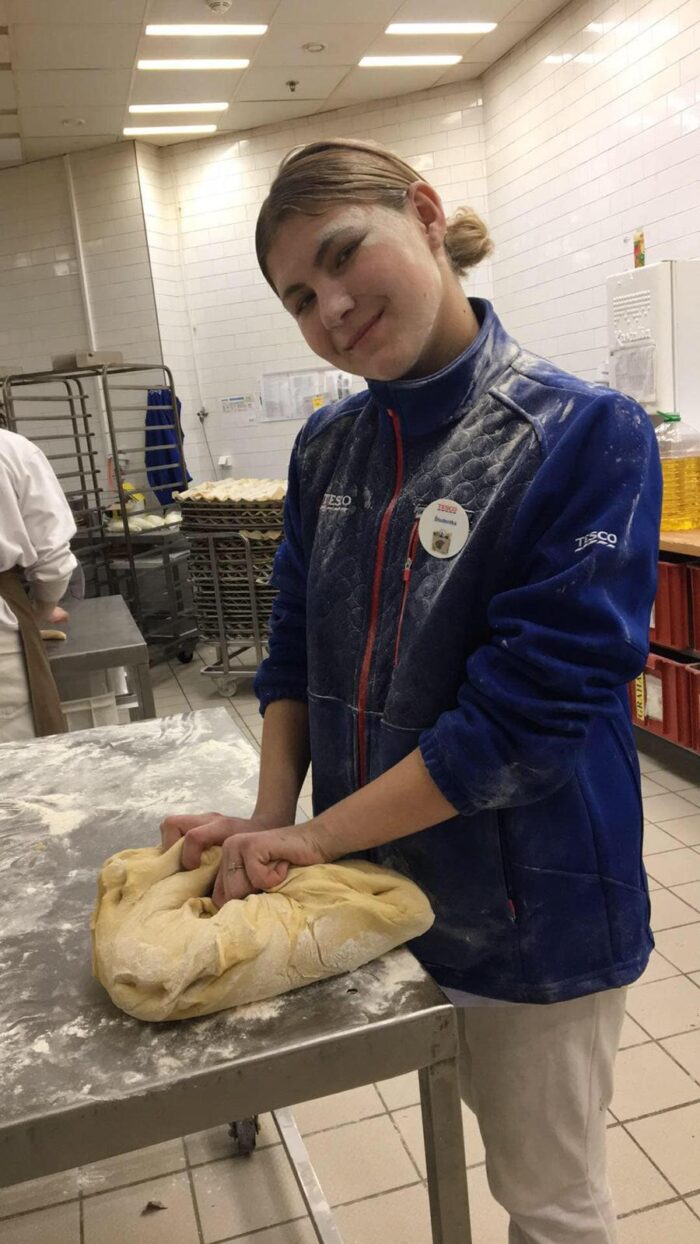
I come from Plavecký Štvrtok and I’m studying at the Secondary Vocational School on Švabinského Street, in the bakery programme. I’ve always wanted to travel farther than just to Malacky. So when I was accepted into this school, I was excited — I knew I’d have the chance to meet new friends and to keep learning.
I’ll admit, it’s not easy to get up early every morning and go to school or to my work placement at Tesco. But both at school and at work, I’m being given opportunities I never had before — things I didn’t even know existed. People actually listen to me, try to understand my needs, and accept me for who I am. For the first time, I feel like people see me as a person — not just as a Roma girl.
Sisa from the community centre in Plavecký Štvrtok helps me a lot, with kind advice and so much patience. I’m truly grateful to her.
And how does master craftswoman Katka see Gabika and the other girls she mentors?
At Tesco, we see our students the same way — like our own children. And we see that they too need their own space. We’re happy when they’re smiling, because their presence brightens our day as well. They don’t need us to raise our voices. What they need is understanding and acceptance.”
“Accepting a person as they are — including their flaws — is important. It’s how we show them affection, and how we respect their space and their voice. Because within each of us, there is an invisible Socrates, quietly waiting for their time. At People in Peril, through our employment programme, we support young students from marginalised Roma communities in discovering their talents and gifts — and in taking their first steps into the world with confidence. Even when they have doubts, we are here for them.” Nadežda, Social Integration Programmes


